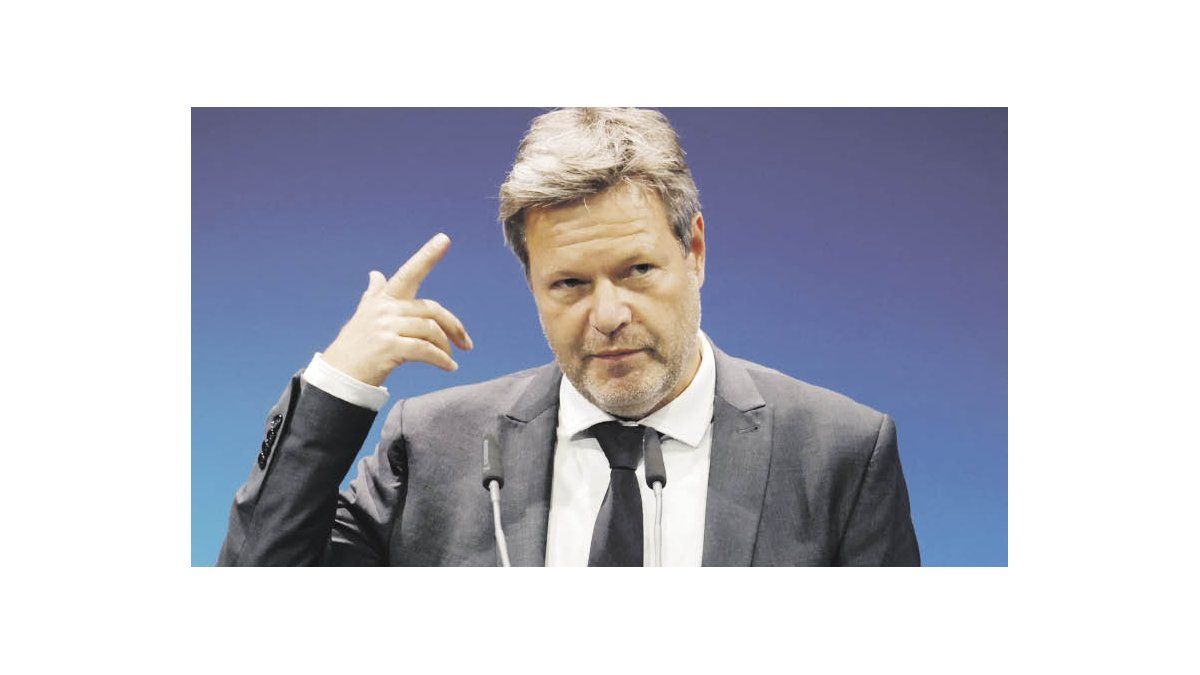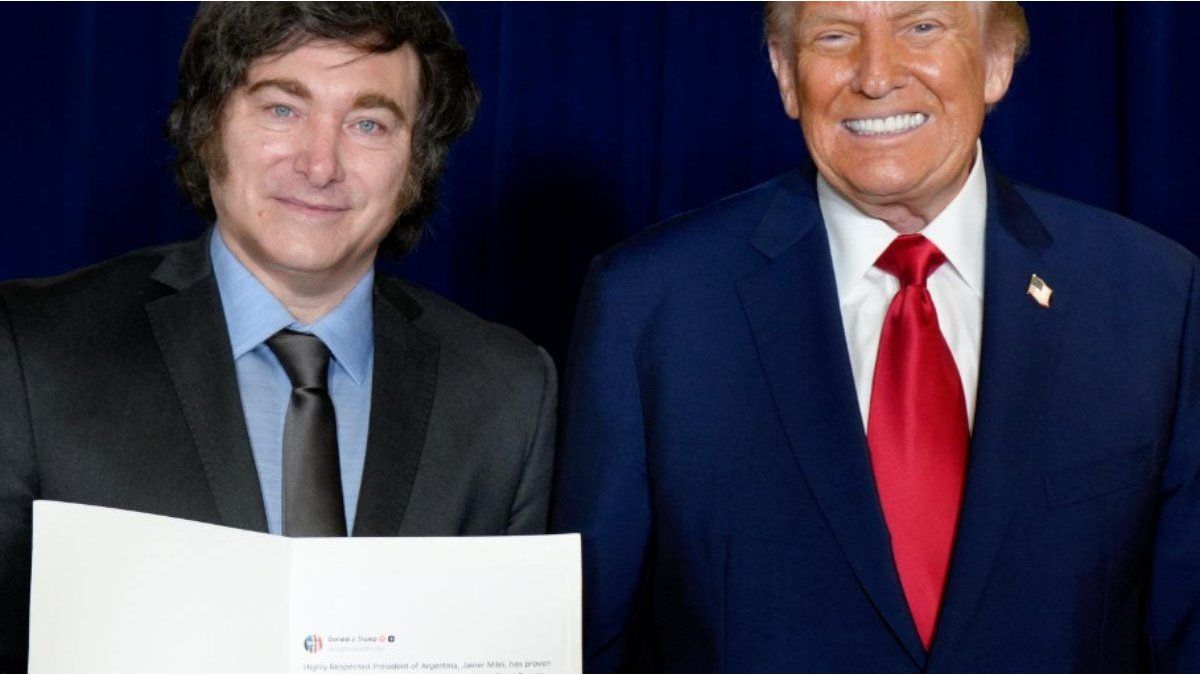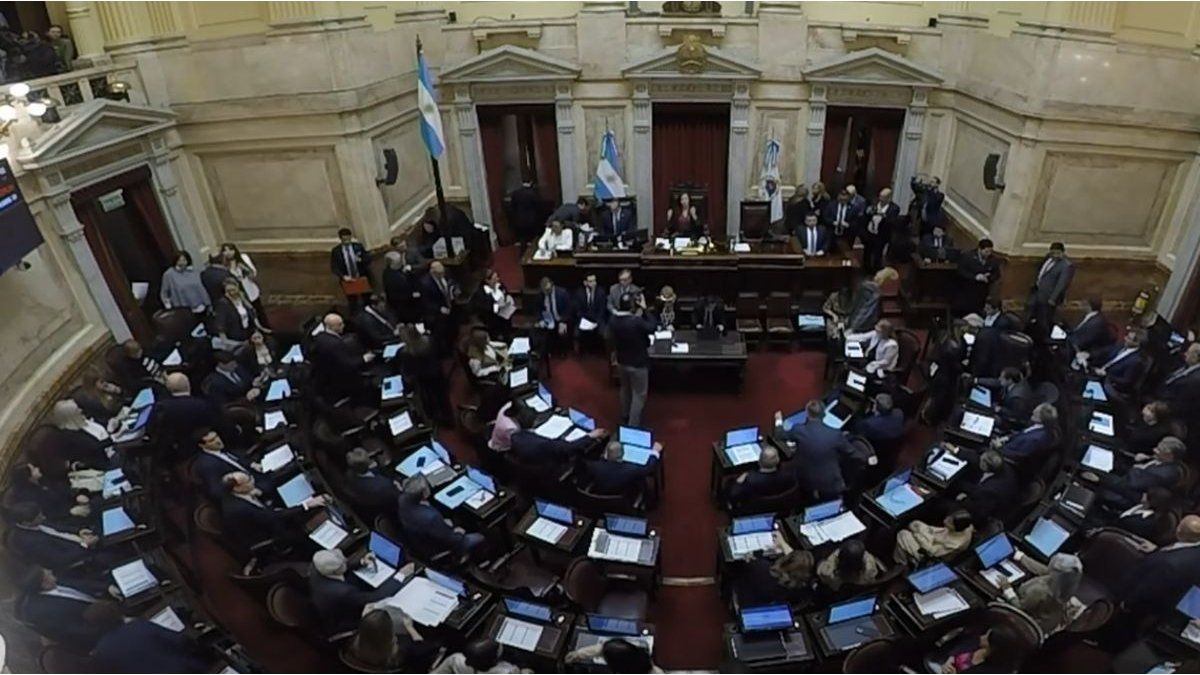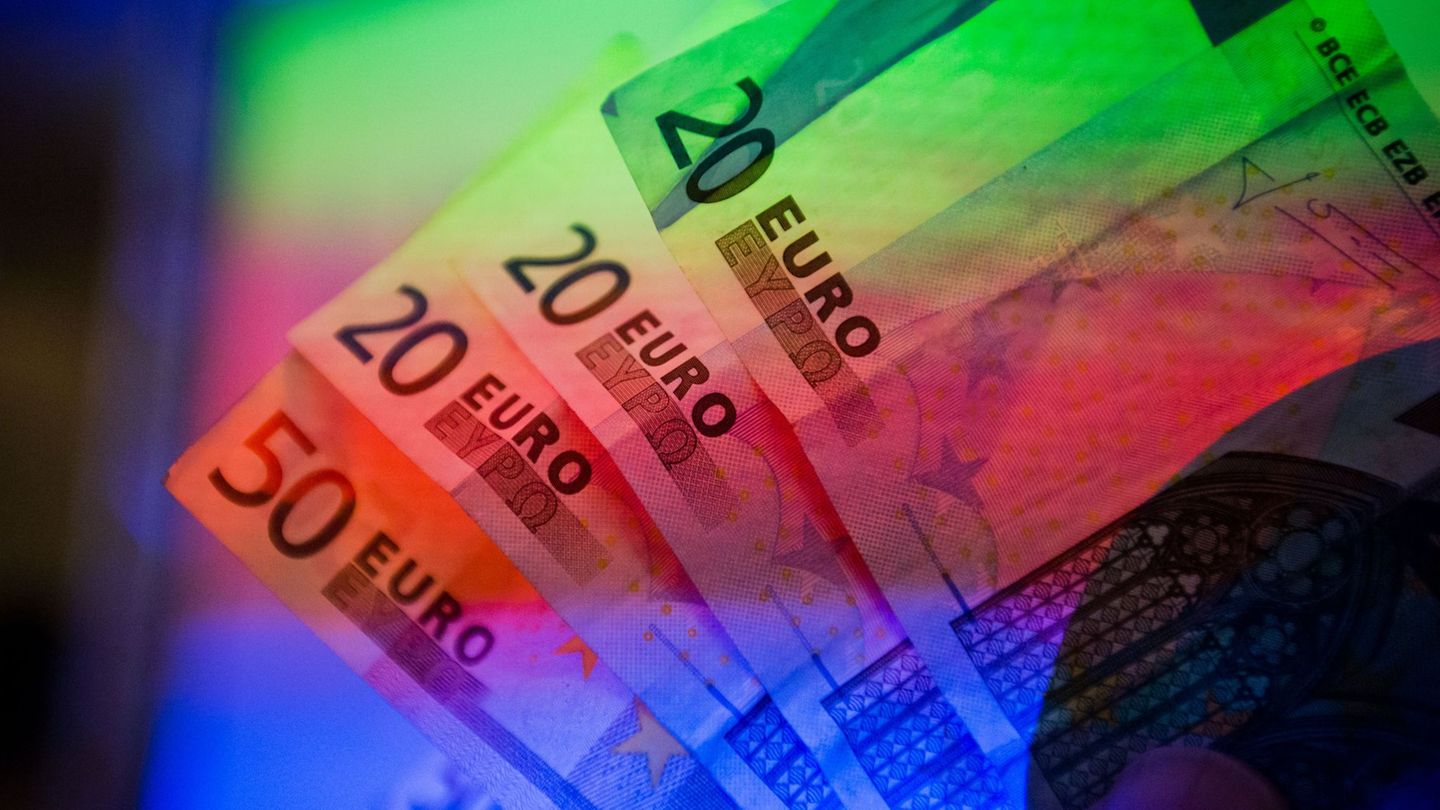“The reduction of the gas supply through the Nord Stream 1 gas pipeline is an attack against us”, he specified in his speech before the businessmen in Berlin.
It is an “economic attack” that was “deliberately carried out” by Russian President Vladimir Putin. “We have already seen this way of acting on several occasions, with the reduction of gas deliveries to Bulgaria, Poland and Denmark,” Habeck pointed out.
Warning
The Russian group Gazprom announced in recent days a cut of 40% and then another of 33% of its gas shipments via Nord Stream, alleging technical problems. To face this situation, Germany announced yesterday a greater generation of electricity until 2024 in its coal-fired plants, something criticized by environmental NGOs and that will delay national plans to decarbonize the economy.
Meanwhile, the BDI yesterday reduced its economic growth forecast for 2022 to just 1.5% compared to the 3.5% forecast before the war. He said the disruption of Russian gas supplies would make a recession inevitable.
Before the war, the European Union (EU) depended on Russia for 40% of its gas needs, which in the case of Germany amounted to 55%, leaving a huge gap to be filled in a global gas market. already very restricted.
Global gas prices have soared, causing inflation to accelerate and creating a further headache for policymakers trying to pull Europe back from the economic cliff.
Reality
Russian gas is still being pumped through Ukraine, but at a reduced rate, and the Nord Stream 1 pipeline under the Baltic, a vital supply route to Germany, is running at only 40% capacity.
The slowdown has hampered Europe’s efforts to fill storage facilities, which are now 55% full, to meet the community target of reaching 80% in October and 90% in November, a level that would help get through the winter. if supply slows further or if it ceases.
The benchmark gas price for Europe was trading around 123 euros ($130) per megawatt hour (MWh) yesterday, up more than 300% from its level a year ago.
Germany, Italy, Denmark, Austria and the Netherlands have activated the first early warning phase of their three-stage plan to deal with a gas supply crisis.
As part of Germany’s contingency plans, gas regulator Bundesnetzagentur unveiled details of a new auction system due to start in the coming weeks, aimed at encouraging manufacturers to use less gas.
Europe is seeking more pipeline supplies from its own producers, such as Norway, and from states such as Azerbaijan, but most are already reaching the limit of production.
Source: Ambito
David William is a talented author who has made a name for himself in the world of writing. He is a professional author who writes on a wide range of topics, from general interest to opinion news. David is currently working as a writer at 24 hours worlds where he brings his unique perspective and in-depth research to his articles, making them both informative and engaging.




